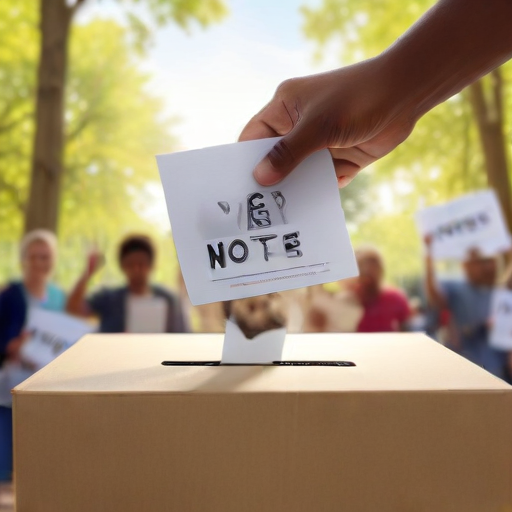As Americans approach the pivotal Election Day, Stanford University President Jonathan Levin expressed his appreciation for the freedoms and opportunities afforded to citizens in the United States. Speaking to students in a course offered by professor Jim Steyer, Levin reflected on the importance of recognizing the privilege of voting and participating in democracy.
“Voting for the leadership of our country is a rare opportunity that we should not take for granted,” Levin stated. He encouraged eligible students to engage actively in the electoral process, emphasizing that this moment is particularly significant for many first-time voters.
Levin’s remarks were part of a broader discourse that included former Stockton Mayor Michael Tubbs and student leaders from Stanford. The discussion emphasized themes such as civic engagement, the responsibilities of privilege, and the unique challenges facing Generation Z, particularly in the lead-up to the 2024 elections.
Steyer opened the conversation by underscoring the role of education and public service, pointing out that access to education comes with the duty to create positive change. Tubbs echoed this sentiment, highlighting the necessity for individuals, especially those with privilege, to connect their success with a commitment to the greater good: “It’s not enough to be successful if the world around us is crumbling.”
As part of Stanford’s initiative, Election Day is recognized as an academic holiday, featuring events aimed at fostering dialogue on democracy and voting. The establishment of Democracy Day in 2021 has marked a significant cultural shift, demonstrating collaborative efforts among students and staff to increase awareness around civic participation.
Panelists discussed how the current political landscape disproportionately impacts Generation Z, particularly regarding mental health and the persistence of societal issues such as economic insecurity and gun violence. The sentiment of generational anxiety regarding the future was palpable, with students articulating concerns about the historical significance often attributed to elections.
In concluding the session, Levin and Tubbs offered heartfelt advice to students: embracing public service as a means of effecting change, and understanding that progress often requires navigating complex challenges. Tubbs reaffirmed that while the problems may seem insurmountable, they are not unsolvable, highlighting the ongoing nature of societal improvement.
Overall, the discussion encapsulated the optimism surrounding civic engagement and the importance of upcoming elections for younger generations. The hope is that through sustained efforts in public service and a commitment to democratic values, students can emerge as transformative leaders capable of navigating the complexities of the future.
The article serves as a reminder of the power of collective action in shaping democracy and encourages individuals, especially young voters, to take part in the electoral process with a sense of purpose and responsibility. With the right mindset, the upcoming elections can serve as a catalyst for positive change and renewal in the American political landscape.
